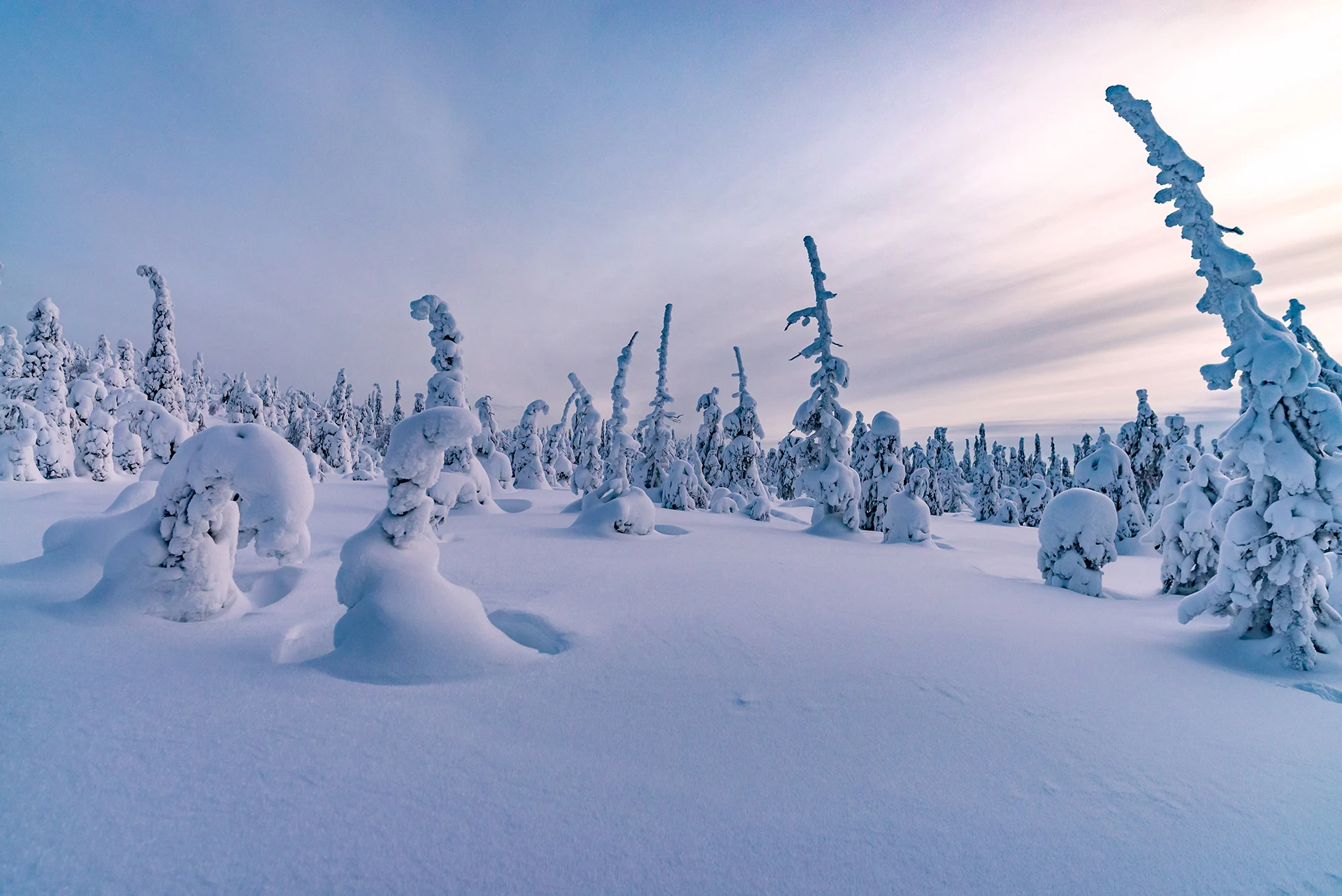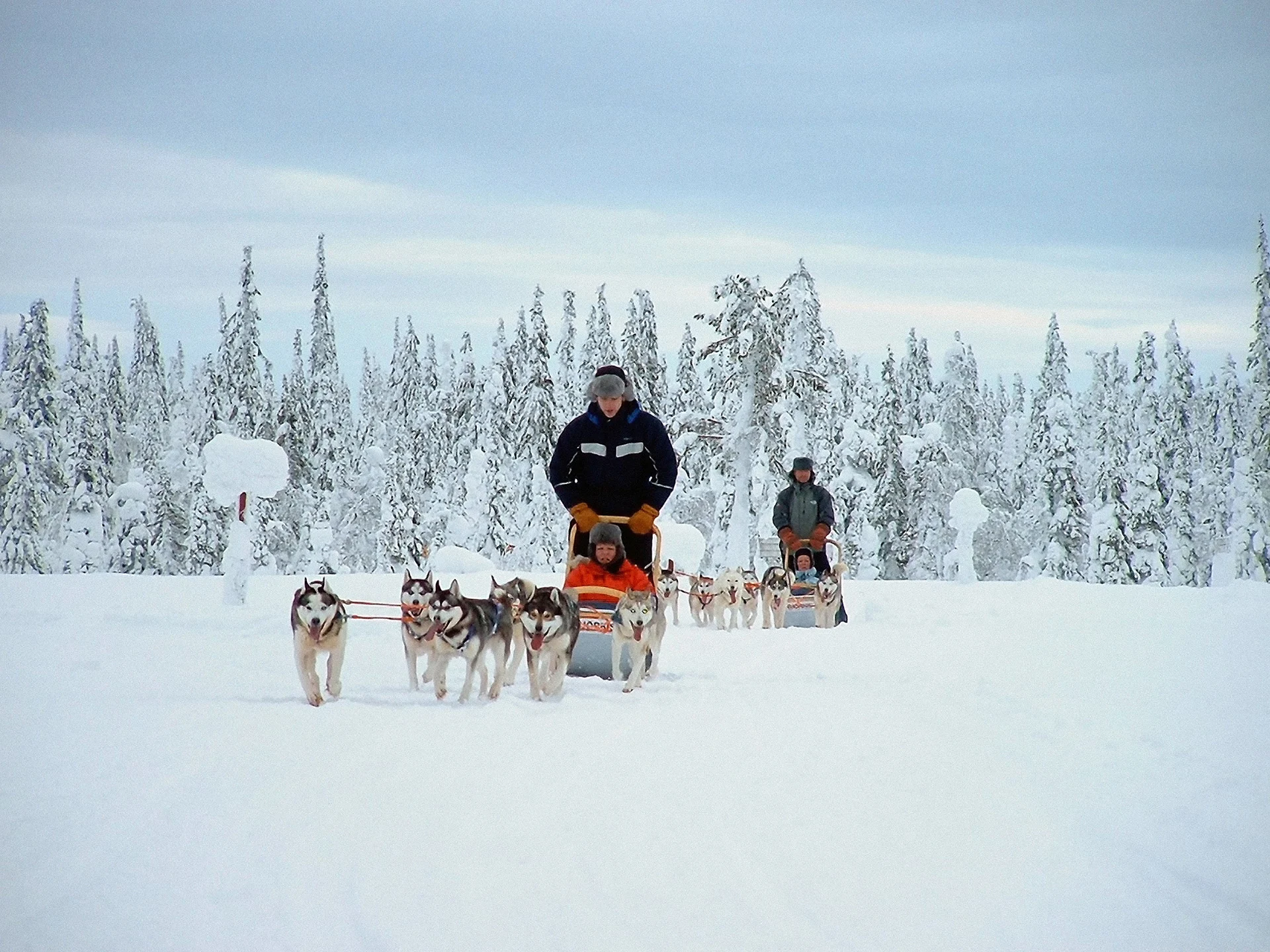
Remote Arctic town makes bid to host Summer Olympics, here's why
A remote town nestled in the Arctic Circle says it could one day host the Summer Olympic Games as temperatures climb.
Picture this: It is -20°C and 10:00 am. The Sun has just risen in Finland and it will only be light for three more hours.
As you walk out the door, you see a fresh coat of snow covering the candle spruce trees and in the far distance you see the tips of the tunturi, or the ancient mountains, peaking through the clouds—their summits look more like hilltops worn down from the harsh elements. You grab your cross country skis, the more popular transportation in town, so that you can glide across the icy covered roads with ease. Time flies by and once the Sun sets, you settle in for a long evening with 18 hours of darkness.
This is the emergent setting in Salla, a remote town in Finland, but lately locals have noticed that the long cold winters have started to change. Snow seems to arrive later and the temperatures fluctuate more.
“It didn’t happen like that before and that is why we are concerned,” said Erkki Parkkinen, the mayor of Salla.

Maurice Dawson. iStock Editorial. Getty Images.
When you think of the town of Salla, the self-proclaimed coldest municipality in Finland’s northernmost region, you wouldn’t necessarily think of the Summer Olympics, but the town decided to make a bid to host the games in 2032.
In the opening scene of their promotional video, viewers are introduced to the snow covered “middle of nowhere” town as one local resident stands in a t-shirt saying, “I have never felt warmth before, but I am sure it is coming.”
Throughout the video, different athletes are participating in summer sports against a wintery backdrop. One athlete points to an open field and says “this is where we will play beach volleyball because thanks to global warming the snow will soon be sand.”
The video closes with the tagline “warm hearts we have it, warm place coming soon.” Then the screen states “Save Salla” and “Save the Planet.”
Thumbnail credit: Deniss Rubens. EyeEm. Getty Images.












